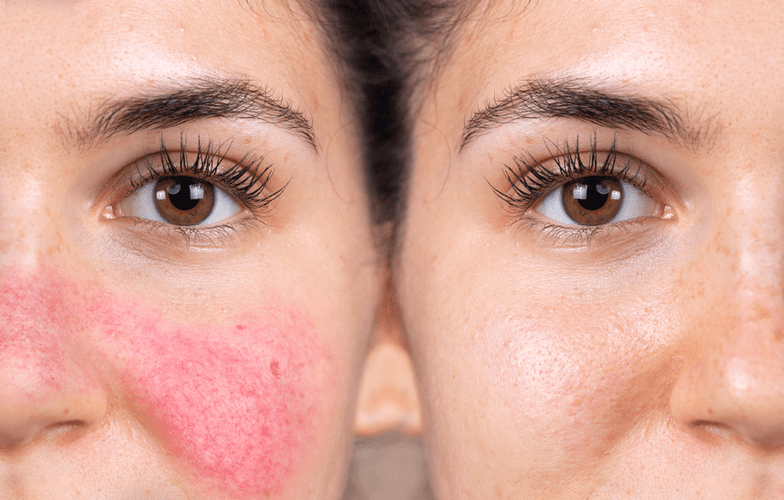The interactions between alcoholism and these disorders are evaluated by posing a series of questions, and the reader is encouraged to review the articles cited in the reference list. In keeping with the guidelines of Alcohol Health & Research World, review articles are emphasized. Readers interested in more detailed descriptions of the methods of particular studies, however, are referred to specific citations within those reviews. Substance use disorder (SUD) is a condition that is prevalent in all age groups at all socio-economic levels [1].

The study found that teenagers with depression who drank alcohol were significantly more likely to act on suicidal feelings. Research from 2011 found that having an alcohol use disorder significantly increased a person’s risk of having depression. These findings were also confirmed by Anand et al., who also examined cocaine, cannabis, alcohol, and hallucinogenic agents.
Depression Classifications
Increases in deaths from excessive alcohol use during the study period occurred among all age groups. A recent study found that one in eight total deaths among U.S. adults aged 20–64 years during 2015–2019 resulted from excessive alcohol use (9). Because of the increases in these deaths during 2020–2021, including among adults in the same age group, excessive alcohol use could account for an even higher proportion of total deaths during that 2-year period. In this study, fewer than one third of deaths from excessive alcohol use were from fully alcohol-attributable causes, highlighting the importance of also assessing partially alcohol-attributable causes to better understand the harms from excessive drinking, including binge drinking.
Sister Wives: Garrison Brown’s Issues With His Ex-Girlfriend Explained (They Had Problems Before He Passed Away) – Screen Rant
Sister Wives: Garrison Brown’s Issues With His Ex-Girlfriend Explained (They Had Problems Before He Passed Away).
Posted: Thu, 07 Mar 2024 21:11:00 GMT [source]
Sample timeline queries include the ages of onset of anxiety symptoms and of alcohol use, the longest period of abstinence, the presence or lack of anxiety symptoms during phases of alcohol drinking and extended phases of abstinence, and the family history of anxiety disorders and of AUD. In summary, none of the three types of studies conducted (i.e., family studies, prospective investigations, and studies alcohol and depression involving COA’s) proves an absence of a relationship between long-term anxiety or depressive disorders and alcoholism. As briefly discussed earlier in this article, the family studies are far from definitive because of difficulties in the methodologies used. It is also important to remember that some studies indicate a potential relationship between alcoholism and anxiety/ depressive disorders.
Holistic Activities
If you have a severe mental health problem and a drinking problem, you may be given a ‘dual diagnosis’. If so, mental health services should be in charge of your treatment, rather than drug and alcohol services. People with depression who drink alcohol often start to feel better within the first few weeks of stopping drinking. If you try this https://ecosoberhouse.com/ and feel better, it’s likely the alcohol was causing your depression. Long-term alcohol misuse increases your risk of serious health conditions, including heart disease, stroke, high blood pressure, liver disease and cancer. It can lead to social problems such as relationship break-ups, unemployment, financial difficulties and homelessness.
- We start with a visual model of care that indicates when to consider a referral.
- These medications are not needed to help clear an alcohol-induced mood or depressive disorder.
- If you need urgent help with your mental health, you don’t have to struggle alone.
- And often, people may use the word “depressed” as a way to verbalize how they are feeling.
- Students and master’s students, who wanted to participate, received an editable pdf of the questionnaire set and informed consent from their teachers.
Recent Comments